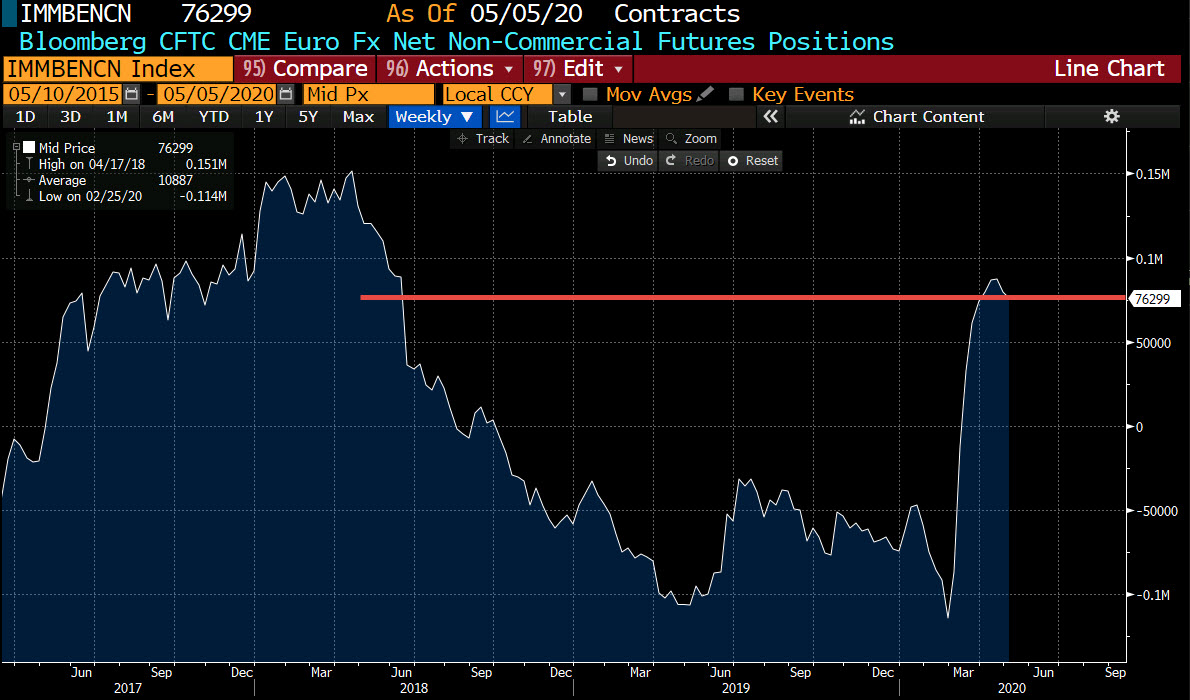“Good investing is a peculiar balance between the conviction to follow your ideas and the flexibility to recognize when you have made a mistake.“ –Michael Steinhardt
Do not stay bullish or bearish go with the current flow of the market>
“There is only one side of the market and it is not the bull side or the bear side, but the right side.”-Jesse Livermore
Putting it all together, it is more than just numbers>
“Successful trading depends on the 3M`s – Mind, Method and Money. Beginners focus on analysis, but professionals operate in a three dimensional space. They are aware of trading psychology their own feelings and the mass psychology of the markets. Each trader needs to have a method for choosing specific stocks, options or futures as well as firm rules for pulling the trigger – deciding when to buy and sell. Money refers to how you manage your trading capital.” – Alexander Elder
The money is in the primary market trend, not jumping in and out>
“I think it was a long step forward in my trading education when I realised at last that when old Mr. Partridge kept on telling other customers, “Well, you know this is a bull market!” he really meant to tell them that the big money was not in the individual fluctuations but in the main movements-that is, not in reading the tape but in sizing up the entire market and its trend.” – Jesse Livermore
This is one of the best ways i Know to measure short term trends, and be on the right side of the primary moves>
“The 10 day exponential moving average (EMA) is my favourite indicator to determine the major trend. I call this “red light, green light” because it is imperative in trading to remain on the correct side of moving average to give yourself the best probability of sucess. When you are trading above the 10 day, you have the green light, the market is in positive mode and you should be thinking buy. Conversely, trading below the average is a red light. The market is in a negative mode and you should be thinking sell.” – Marty Schwartz
Why it is so important to let your winners run and cut your losers short>
“It’s not whether you’re right or wrong that’s important, but how much money you make when you’re right and how much you lose when you‘re wrong.” -George Soros
Eliminating the risk of ruin in one easy step>
By risking 1%, I am indifferent to any individual trade. Keeping your risk small and constant is absolutely critical.” Larry Hite.
Never add to a losing position becasue you are fighting the trend>
“Losers average losers.” this was posted in Paul Tudor Jones’ Office
This is successful stock trading summarized>
“My basic philosophy is: Expose your portfolio to the best stocks that the market has to offer and cut your losses very quickly when you’re wrong. That one sentence essentially describes my strategy.” – Mark Minervini
Trend Trading in a nut shell>
“It is always the best discretion to let the market show us where it is going and just simply follow (this would be prudent), rather than predict where the market is going and place a position (this would be gambling).” -Anne-Marie Baiynd


 Should– Phrases include: “The market should have” and “I should have”. Those phrases are often used to socialize losses. They are a strong signal something is off. They should be used to aid you in correcting your vision not make you feel better.
Should– Phrases include: “The market should have” and “I should have”. Those phrases are often used to socialize losses. They are a strong signal something is off. They should be used to aid you in correcting your vision not make you feel better. Cut losses short is the sister rule to the let profit run, and is usually just as difficult to implement. In the same way that profitability comes from a few large winning trades, capital preservation comes from avoiding the few large losers that the market will toss your way each year. Setting a maximum loss point before you enter the trade so you know before-hand approximately how much you are risking on this particular position is relatively straightforward. You simply need to have a exit price that says to you this trade is a loser and I will exit before it gets any bigger. Due to gaps at the open, or limit moves in futures we can never be 100%
Cut losses short is the sister rule to the let profit run, and is usually just as difficult to implement. In the same way that profitability comes from a few large winning trades, capital preservation comes from avoiding the few large losers that the market will toss your way each year. Setting a maximum loss point before you enter the trade so you know before-hand approximately how much you are risking on this particular position is relatively straightforward. You simply need to have a exit price that says to you this trade is a loser and I will exit before it gets any bigger. Due to gaps at the open, or limit moves in futures we can never be 100% Trading can be mastered if you concentrate your efforts on how you will react to price rather than desiring to predict it. Reacting is a business decision, predicting is an ego play.
Trading can be mastered if you concentrate your efforts on how you will react to price rather than desiring to predict it. Reacting is a business decision, predicting is an ego play. Partner of perhaps the best-known futures speculator of our time, Richard Dennis.Created the famous trading group known as the Turtles. William has averaged over 62 percent return.
Partner of perhaps the best-known futures speculator of our time, Richard Dennis.Created the famous trading group known as the Turtles. William has averaged over 62 percent return.